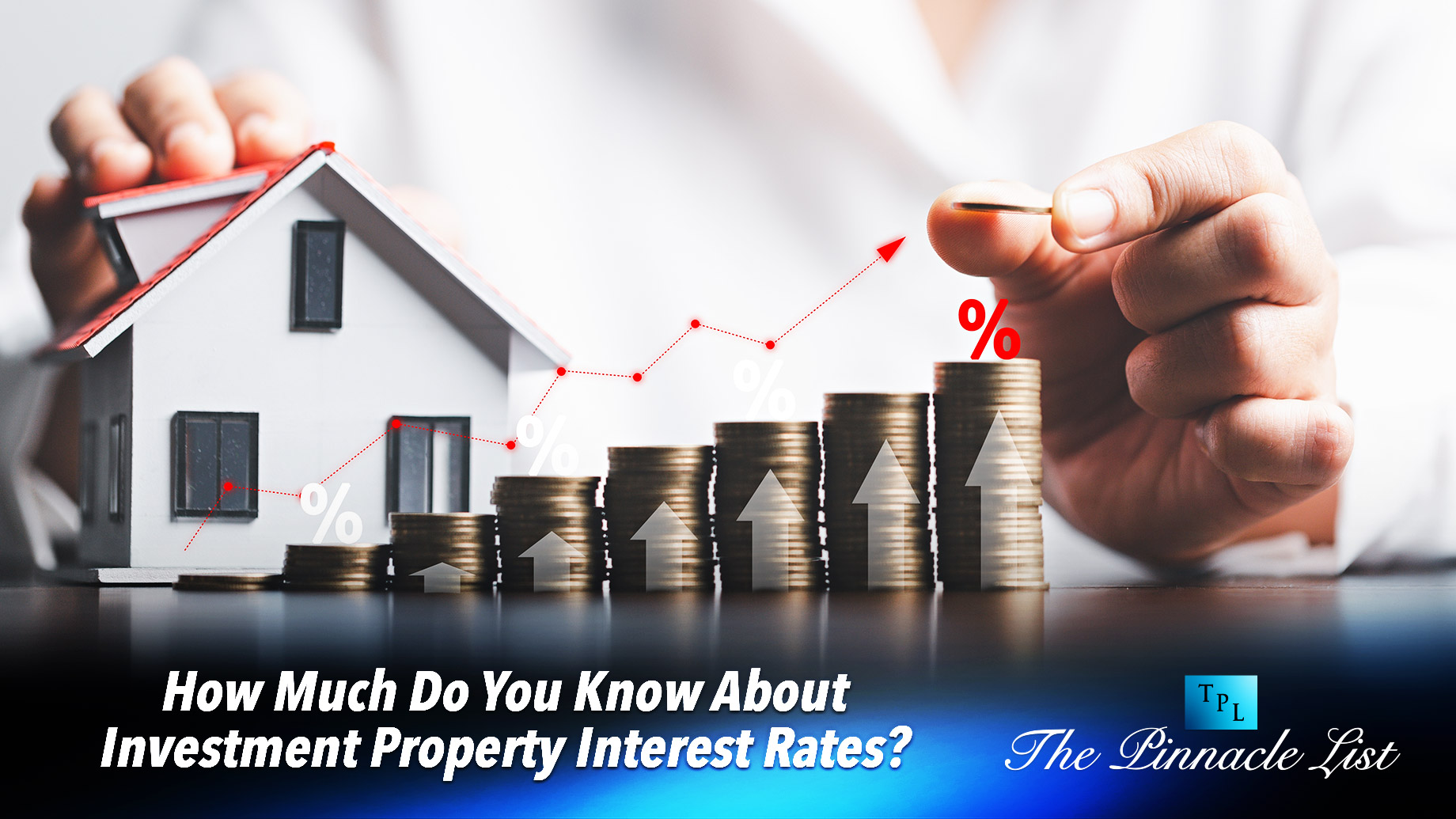
Investing in property is a time-tested strategy for building wealth and securing financial stability. However, one of the critical aspects that can significantly impact the profitability of your investment is the interest rate you pay on your property loan. Understanding how interest rates work in the realm of investment properties is essential for making informed decisions and maximizing returns.
The Basics of Interest Rates
Interest rates represent the cost of borrowing money and are influenced by various economic factors, including inflation, government policies, and market conditions. When it comes to investment properties, interest rates can fluctuate based on the perceived risk associated with the investment, the borrower’s creditworthiness, and the type of loan.
Fixed vs. Variable Rates
Investors have the option to choose between fixed and variable interest rates for their property loans. Fixed rates remain constant for the duration of the loan term, providing predictability and stability in repayments. On the other hand, variable rates can fluctuate based on market conditions, potentially offering lower initial rates but subjecting borrowers to the risk of increased payments in the future.
Factors Influencing Interest Rates
Several factors influence investment property interest rates. These include the prevailing economic conditions, the state of the real estate market, the lender’s policies, and the borrower’s financial profile. Additionally, the location and type of investment property can also impact the interest rate, with factors such as property values, rental yields, and vacancy rates playing a crucial role.
Importance of Creditworthiness
Just like with any other loan, the borrower’s creditworthiness plays a significant role in determining the interest rate for an investment property loan. Lenders assess factors such as credit score, income stability, debt-to-income ratio, and down payment amount to determine the level of risk associated with the borrower. A higher credit score and a strong financial profile can result in lower interest rates and more favorable loan terms.
Strategies for Securing Favorable Rates
Investors can employ several strategies to secure favorable interest rates on their investment property loans. Building a strong credit history, maintaining stable income, and saving for a sizable down payment can improve your chances of qualifying for lower rates. Additionally, shopping around and comparing offers from multiple lenders can help you find the most competitive rates and terms that align with your investment goals.
Market Trends and Interest Rate Outlook
Keeping an eye on market trends and the interest rate outlook is crucial for investors navigating the world of real estate. Economic indicators, such as inflation rates, employment figures, and central bank policies, can provide insights into the direction of interest rates. By staying informed about these factors, investors can anticipate potential changes in borrowing costs and adjust their investment strategies accordingly to capitalize on opportunities or mitigate risks.
The Impact of Loan Terms on Interest Rates
In addition to interest rates, the terms of the loan can also influence overall borrowing costs for investment properties. Factors such as the loan duration, amortization schedule, and payment frequency can affect the total amount of interest paid over the life of the loan. Investors should carefully review and negotiate loan terms to ensure they align with their investment objectives and cash flow requirements, taking into account both short-term and long-term financial goals.
Balancing Risk and Reward
When evaluating investment property interest rates, investors must strike a balance between risk and reward. Opting for lower interest rates may entail stricter lending criteria or less flexibility in loan terms, while higher rates could provide more favorable terms but increase borrowing costs. It’s essential to assess the potential risks and rewards of different interest rate options in the context of your overall investment strategy, risk tolerance, and financial objectives.
Monitoring and Refinancing
Once you’ve secured an investment property loan, the work doesn’t stop there. Regularly monitoring market conditions and interest rate movements can present opportunities for refinancing existing loans to potentially lower rates or improve terms. Refinancing can help investors reduce borrowing costs, increase cash flow, or access equity for additional investments. However, it’s essential to weigh the costs and benefits of refinancing against the potential savings or benefits to ensure it aligns with your long-term investment strategy.
Final Thoughts
Investment property interest rates play a pivotal role in the financial viability of real estate investments. By understanding the basics of interest rates, weighing the pros and cons of fixed vs. variable rates, and considering factors such as creditworthiness and market conditions, investors can make informed decisions to optimize their returns. Ultimately, securing favorable interest rates is not only about minimizing borrowing costs but also about maximizing the potential for long-term profitability in the world of real estate investment.